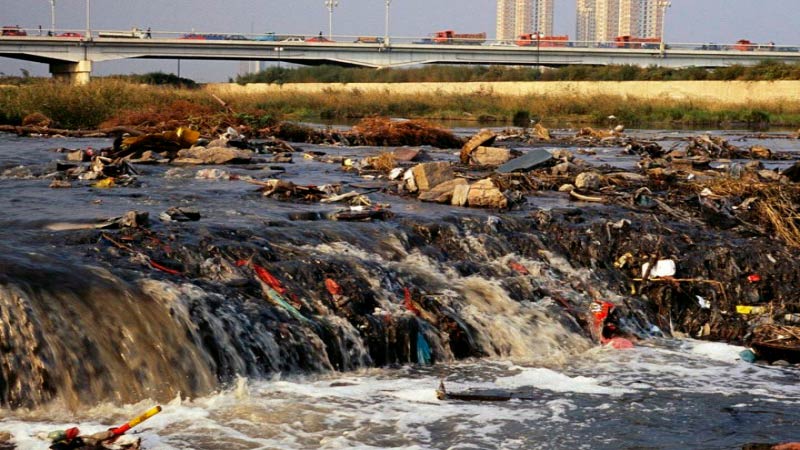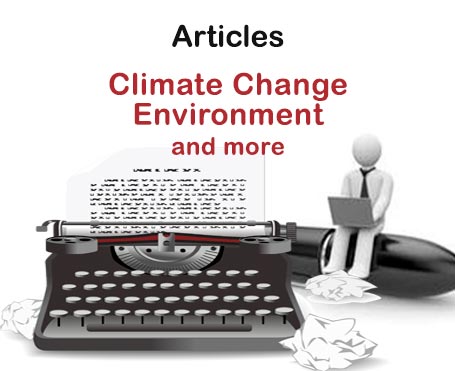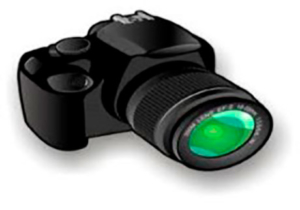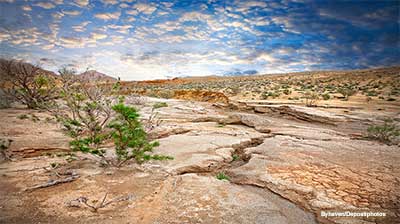FAQs about Water Pollution and Shortage

14. Could wastewater be used to solve water shortages?
In the United Nations Report on the Development of Water Resources in the World, entitled “Wastewater – The wasted resource”, whose presentation took place in the city of Durban, on 03-17-2017, on the occasion of the celebration of World Water Day, a series of approaches is listed regarding the conversion of wastewater into freshwater.
It is good to remember the difference between fresh water and drinking water. The first case refers to non-salty water, suitable for agricultural and industrial use. Drinking water, on the other hand, is treated fresh water, suitable for human consumption.
UNESCO argues that “wastewater can be an invaluable resource in meeting the world’s growing demand for fresh water and various raw materials.”
The procedure described frames to achieve the Sustainable Development Goal, SDG 6 Clean water and sanitation, “which aims to increase the reuse of water and reduce by half, by 2030, the amount of untreated wastewater.”
The aforementioned report also talks about “the collection, treatment and safe use of wastewater are the very basis of a circular economy, in which economic development and the sustainable use of resources are balanced. Reclaimed water is a very little exploited resource that can be reused multiple times. ”
It is important to note that “Wastewater is generally used for agricultural irrigation. Around the world there are at least 50 countries that use them for this purpose, which represents approximately 10% of the total area of cultivated land. However, the data available in this regard is still incomplete in many regions of the world, particularly Africa ”.
According to Unesco, the practice of reusing sewage “can lead to health problems when the water contains pathogenic germs that can contaminate crops. Hence the challenge of moving from uncontrolled irrigation to a planned and safe use of water intended for irrigation, as Jordan has been doing since 1977 until 90% of its treated wastewater is used. to irrigate crops. In Israel, treated wastewater already accounts for almost half of all water used for irrigation. ”
There is a very important point to take into account, and that is that “treated wastewater can also serve to increase the supply of drinking water, but this practice is still very limited. In Windhoek, the capital of Namibia, this procedure has been used since 1969. With a view to counteracting recurring water shortages. That city has created facilities to treat up to 35% of wastewater, which is then used to increase drinking water reserves. The people of Singapore and San Diego (United States) also safely drink recycled water. ”
It is interesting to know that “on the International Space Station, astronauts continue to use the same recycled water since 2001.”
FAQs about Pollution and water shortage
Updated and extended in August 2021
Pollution
1. What is the hydrosphere?
2. Why is water important?
3. What is water pollution?
4. What are the main water pollutants?
5. What diseases does water pollution transmit?
6. Which are the countries that best manage their waters?
7. What should be done to keep the waters clean?
8. What are oligotrophization and eutrophication of lakes?
Shortage
9. What is water scarcity?
10. What are the causes of water scarcity?
11. What is water stress, periodic scarcity and water scarcity?
12. Can we finish drinking water on the planet?
13. What are the cities with the greatest water shortage?
14. Could wastewater be used to solve the water shortage?
15. Why is not the water in the seas desalinated?
.
Sources
United Nations. Global Issues. Water. https://www.un.org/en/global-issues/water
United Nations. UN-Water. Water Scarcity. https://www.unwater.org/water-facts/scarcity/
UNESCO. Is wastewater the new black gold? 21/03/2017. https://en.unesco.org/news/wastewater-new-black-gold
UNESCO. Water Scarcity and Quality. https://en.unesco.org/themes/water-security/hydrology/water-scarcity-and-quality
Wikipedia. Water scarcity. https://en.wikipedia.org/wiki/Water_scarcity
Other sections of Pollution and degradation of soils

Our planet could have been called “Water” instead of Earth, because of the immense amount of the vital liquid that it houses. For something is blue and not ocher, although the atmosphere also helps paint that wonderful tone…

You can also see it in…
Infographics

Photo Gallery.

Video Gallery


